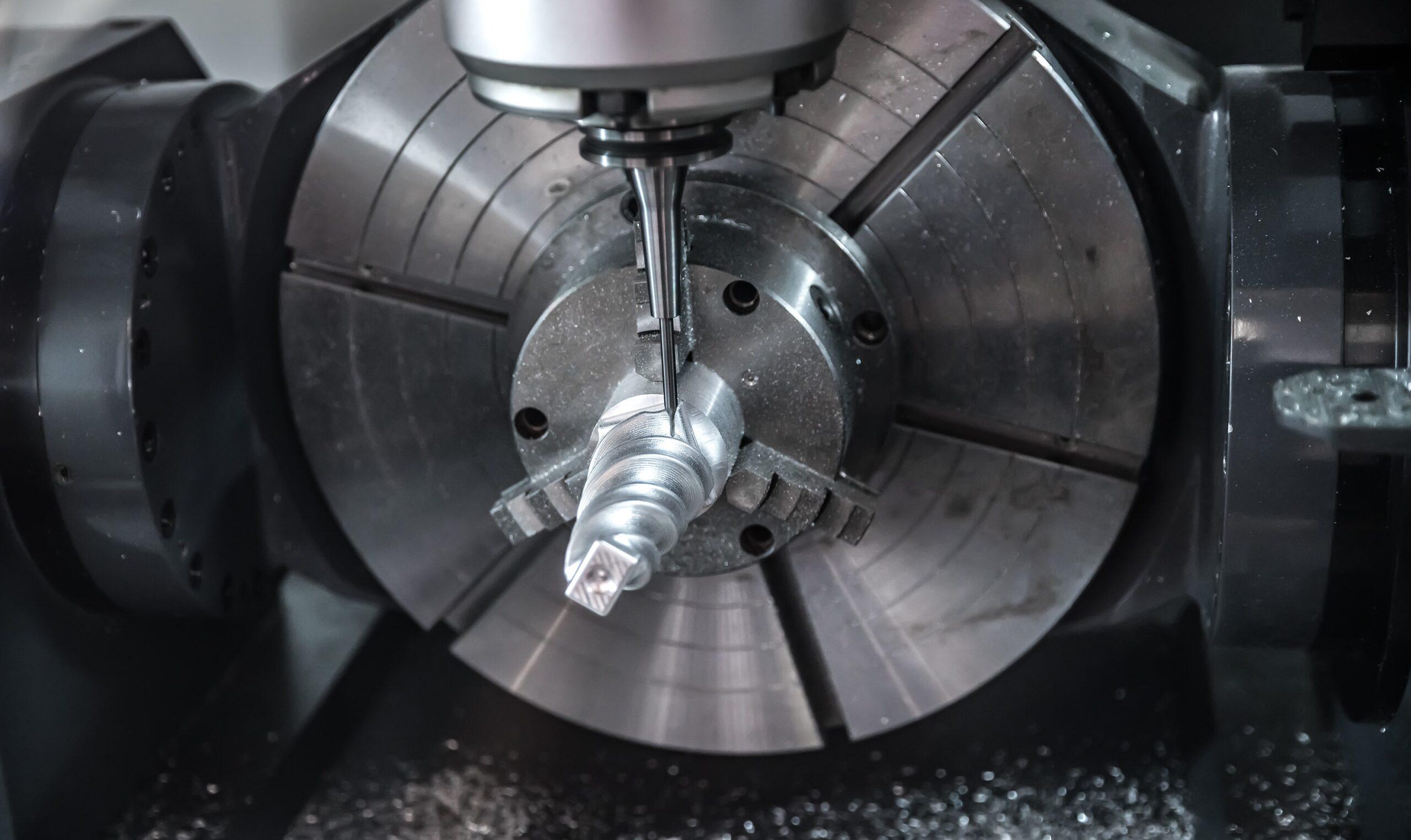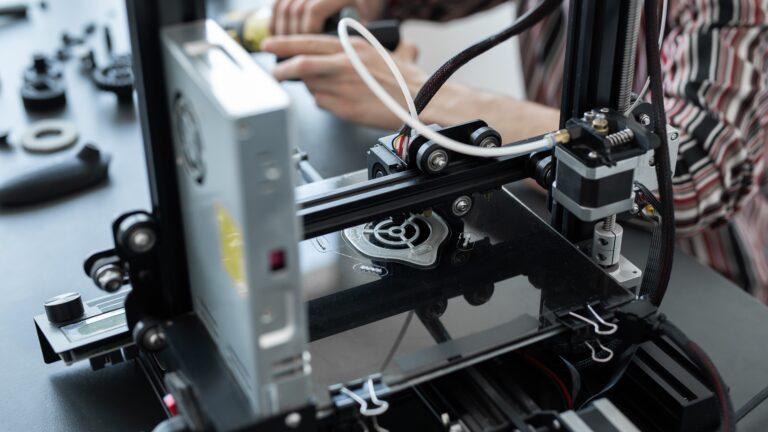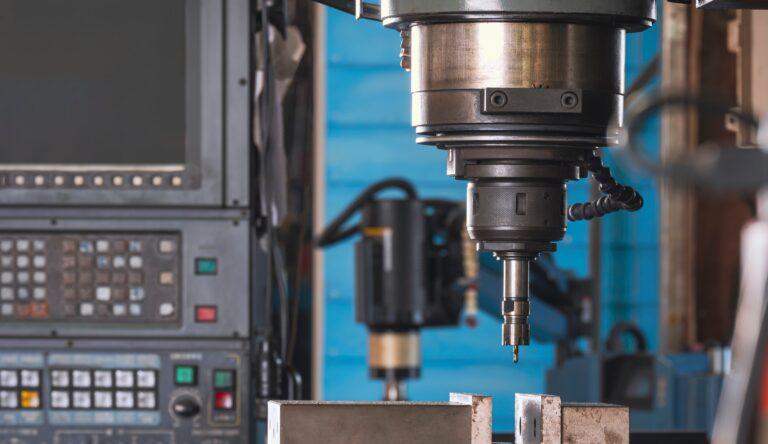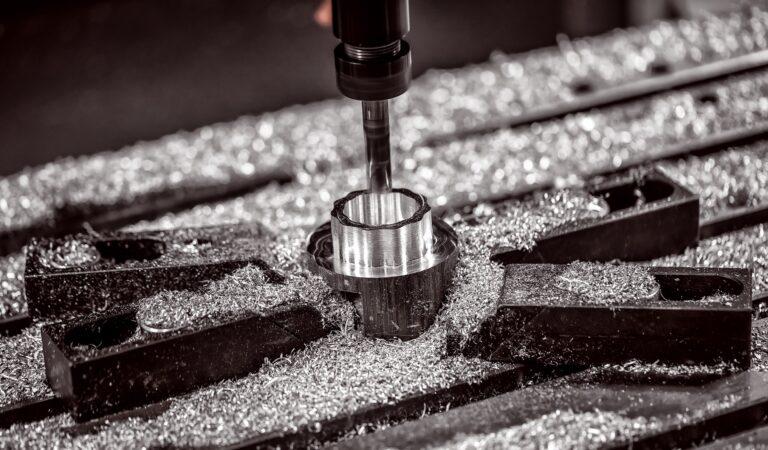The efficiency of the machining process depends to a large extent on the machining tools used. Over time, this technology has undergone numerous significant advances in both the design and manufacture of tools and machinery.
There are different types of tools and each brings advantages to CNC machining. In this article we explain some of them:
CNC lathes
CNC lathes have completely revolutionized the way in which the machining process of parts and prototypes is carried out.
These machines allow the production of precise and highly complex parts. In addition, CNC programming allows for greater automation compared to traditional machining methods, resulting in higher production efficiency and productivity. On the other hand, CNC lathes also have the ability to work with a wide variety of materials, from metals such as steel, aluminum or titanium, to plastics such as polypropylene or nylon.
Ultimately, this versatility, combined with precision and automation, has made CNC lathes an indispensable tool in numerous industries, including automotive, aerospace, medical…, among others.
CNC Drills
CNC drills are similar to CNC lathes in that they offer precision and automation in the drilling process. They have the ability to drill holes with exact diameters and to specific depths. In this way, they guarantee manufacturing uniformity.
In addition, CNC drills can perform a wide range of drilling operations, including drilling, countersinking and tapping, making them a versatile tool for a variety of industrial applications.
High speed milling cutters
High-speed milling cutters are essential cutting tools in the machining process. They are used in milling machines to shape materials by removing metal.
What sets high-speed milling cutters apart is their ability to operate at significantly faster cutting speeds compared to conventional milling cutters. The cutting speed provides higher production efficiency and higher surface quality of the machined parts.
Wire EDM machines (EDM)
EDM machines use electrical discharges to erode the material, allowing precise cuts on conductive parts. It is an especially useful tool for projects in hard materials and with precise details, which can be difficult to machine with conventional machines.
One of the distinctive features of EDM machines is their ability to work with conductive materials, including a wide range of metals such as steel, titanium, aluminum and nickel alloys, among others. These machines are particularly useful in the mold and die making industry, where high precision and quality surface finishes are required on complex components.
3D measurement and optical scanners
Precision in machined parts is not only limited to the cutting process, but also to the verification and quality control of the finished parts.
Optical scanners and 3D measurement systems enable detailed and accurate part inspection. This ensures that they meet the required tolerances and specifications.
Ultimately, all these machining tools have not only improved part accuracy, but also increased production speed and reduced errors in CNC machining processes.
Moreover, with the continuous technological evolution, in the future we can expect even more innovations in machining tools that will drive efficiency and quality in the industrial manufacturing sector.
At Proto&Go! we offer the best machining solutions for your parts and prototypes for your projects.
Request your quote now and receive it in less than 24 hours!





